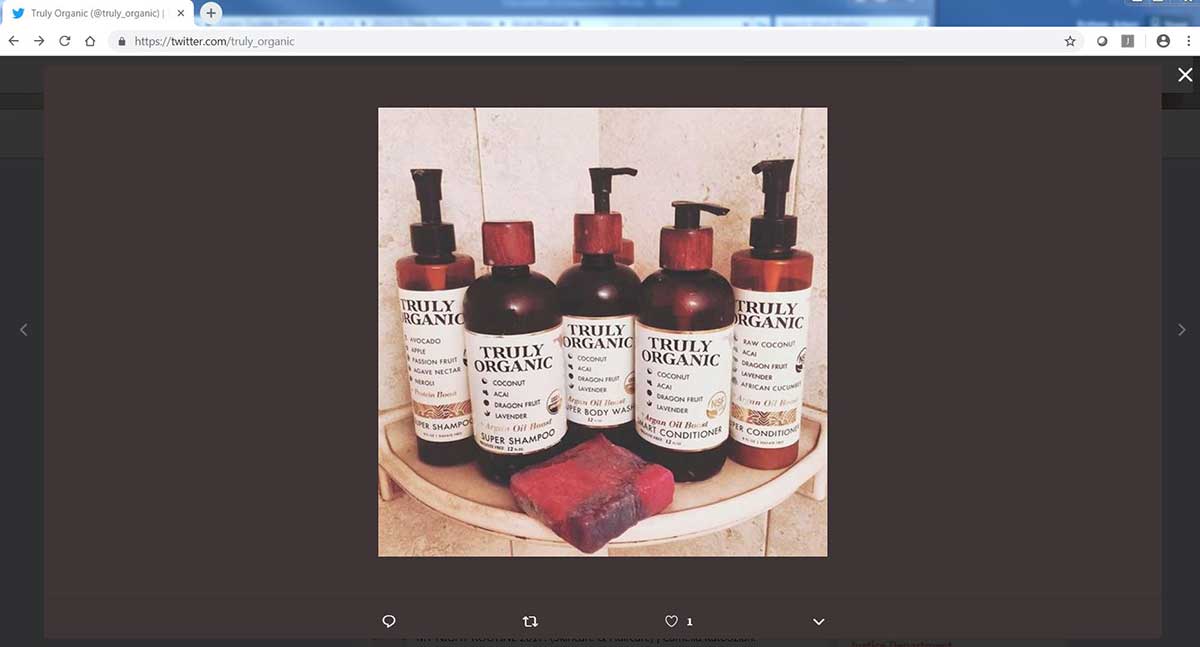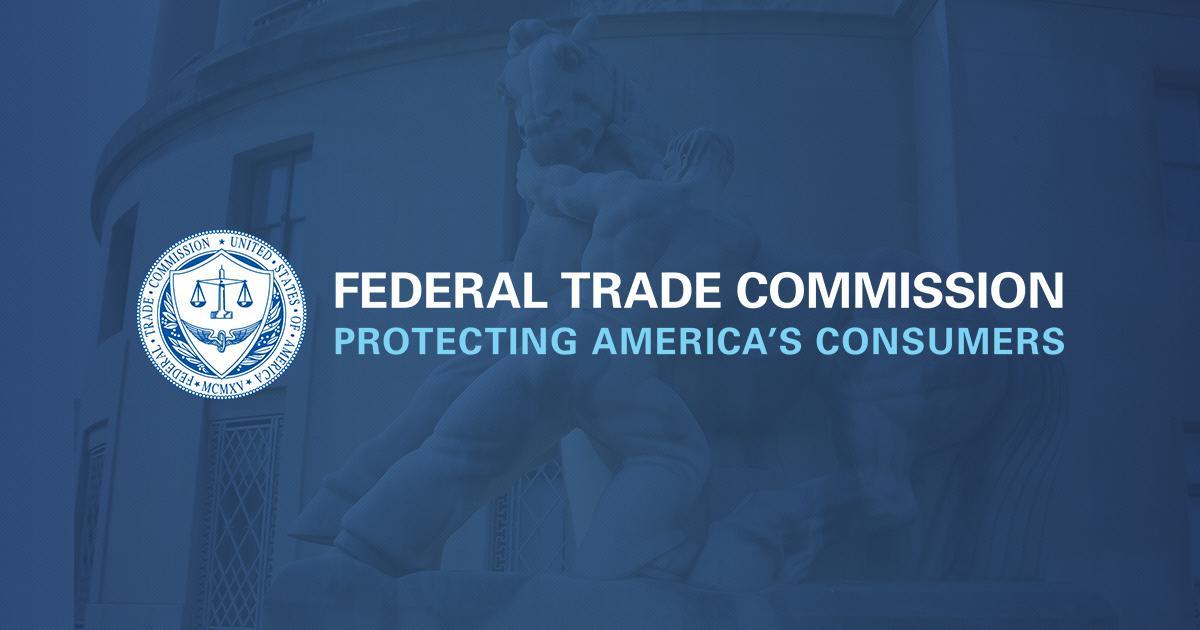Miami Beach-based retailer Truly Organic Inc. (Truly Organic) and its founder and CEO, Maxx Harley Appelman, will pay $1.76 million to settle a Federal Trade Commission complaint alleging that their nationally marketed bath and beauty products are neither “100% organic” nor “certified organic” by the U.S. Department of Agriculture (USDA).
 Truly Organic also advertises their products as vegan, even though certain products contain non-vegan ingredients like honey and lactose, according to the complaint. The court order resolving the FTC complaint bars the defendants from making similar deceptive advertising claims.
Truly Organic also advertises their products as vegan, even though certain products contain non-vegan ingredients like honey and lactose, according to the complaint. The court order resolving the FTC complaint bars the defendants from making similar deceptive advertising claims.
“To know if a product is truly organic, consumers have to rely on companies to be truthful and accurate,” said Andrew Smith, the Director of the FTC’s Bureau of Consumer Protection. “That’s why we’ll hold companies accountable when they lie about their products being organic, especially when they’ve used fake certificates and ignored USDA warnings.”
According to the FTC’s complaint since at least 2015, the defendants have advertised, labeled, offered for sale, and sold a range of personal care products to consumers, including haircare products, body washes, lotions, baby products, personal lubricants, and cleaning sprays. The products fall into two basic categories: 1) those that Truly Organic “makes” by buying wholesale bath and beauty products and adding ingredients designed to increase their visual appeal; and 2) “bath bombs” and soaps that they buy as finished products from online wholesalers and resell at a substantial markup.
Truly Organic sells products nationwide using its own website and social media accounts. The company also sells through third-party websites, such as ulta.com, urbanoutfitters.com, nordstrom.com, and aerie.com, and provides third parties with marketing materials used to market and sell Truly Organic products.
The complaint alleges that to induce customers to buy Truly Organic products, the defendants have used many statements that imply their products either are wholly organic or certified organic in compliance with the USDA’s National Organic Program (NOP). These statements include claims that Truly Organic products contain “100% Organic Ingredients,” are “certified organic,” are “USDA . . . organic,” are “100% organic,” or are “Truly Organic.”
The FTC contends, however, that many of the defendants’ products actually contain ingredients that are not organic, with the non-organic ingredients included only in lists that are buried among other text on product labels and websites. Further, some Truly Organic products incorporate non-organic ingredients that could be organically sourced, such as non-organic lemon juice. Other Truly Organic products contain non-organic ingredients that the USDA does not even allow in organic handling, such as the chemicals cocamindopropyl betaine and sodium cocosurfactant.
In addition, according to the complaint, some Truly Organic products, such as their bath bombs and soaps, contain no organic ingredients at all, as they come as finished products from wholesalers who do not offer organic products. The complaint alleges that none of the defendants’ products have been certified organic in compliance with the USDA NOP, and some products marketed as vegan contain non-vegan ingredients.
Finally, the FTC contends the defendants continued to supply marketers and internet influencers with product labels featuring the false certifications for months after resolving a 2016 USDA investigation, and, through 2018, continued to endorse and upload influencer videos to Truly Organic’s YouTube channel containing “certified organic,” “USDA organic,” and “vegan” claims. During this time, the complaint alleges that the defendants regularly bought hundreds of gallons of bath, beauty, and home products they knew did not contain 100 percent organic ingredients, added ingredients to increase their visual appeal, repackaged them, and deceptively sold them to consumers as organic.
The court order settling the FTC’s charges contains both conduct and monetary provisions. First, the order prohibits Truly Organic and Appelman from making deceptive claims, including false and/or unsubstantiated claims, that any good or service: 1) is wholly or partially organic; 2) contains or uses organic ingredients; 3) is certified organic; 4) is vegan; or 5) has been evaluated by any third party, including one affiliated with the USDA NOP, based on its environmental or health benefits or attributes.
Second, the order bars the defendants from making any representation about the environmental or health benefits of any good or service, unless it is non-misleading, true at the time it is made, and is supported by competent and reliable scientific evidence.
Third, the order prohibits the defendants, in connection with the sale of any good or service, from providing anyone else with the means and instrumentalities that would enable them to make any representation prohibited by the order.
Finally, the order imposes a $1.76 million judgment against the defendants. They also will be subject to standard recordkeeping, monitoring, and compliance provisions.
The Commission vote approving the filing of the complaint and proposed stipulated final order was 5-0, with Commissioner Rohit Chopra issuing a separate statement. The FTC filed the proposed order in the U.S. District Court for the Southern District of Florida, and it has now been entered by the court.
NOTE: The Commission files a complaint when it has “reason to believe” that the named defendants are violating or are about to violate the law and it appears to the Commission that a proceeding is in the public interest. Stipulated final orders have the force of law when approved and signed by the District Court judge.
The Federal Trade Commission works to promote competition, and protect and educate consumers. You can learn more about consumer topics and file a consumer complaint online or by calling 1-877-FTC-HELP (382-4357). Like the FTC on Facebook, follow us on Twitter, read our blogs, and subscribe to press releases for the latest FTC news and resources.

